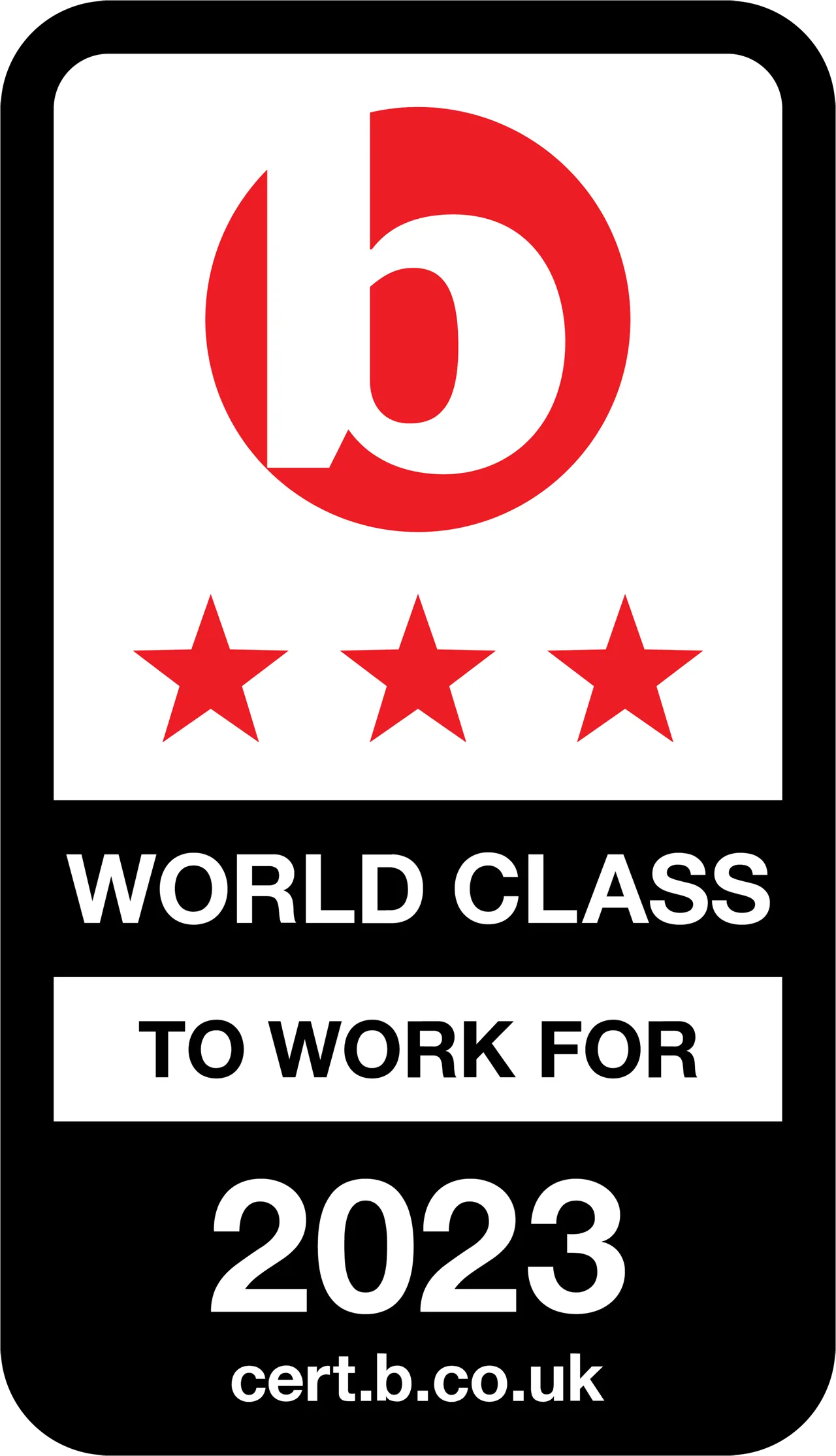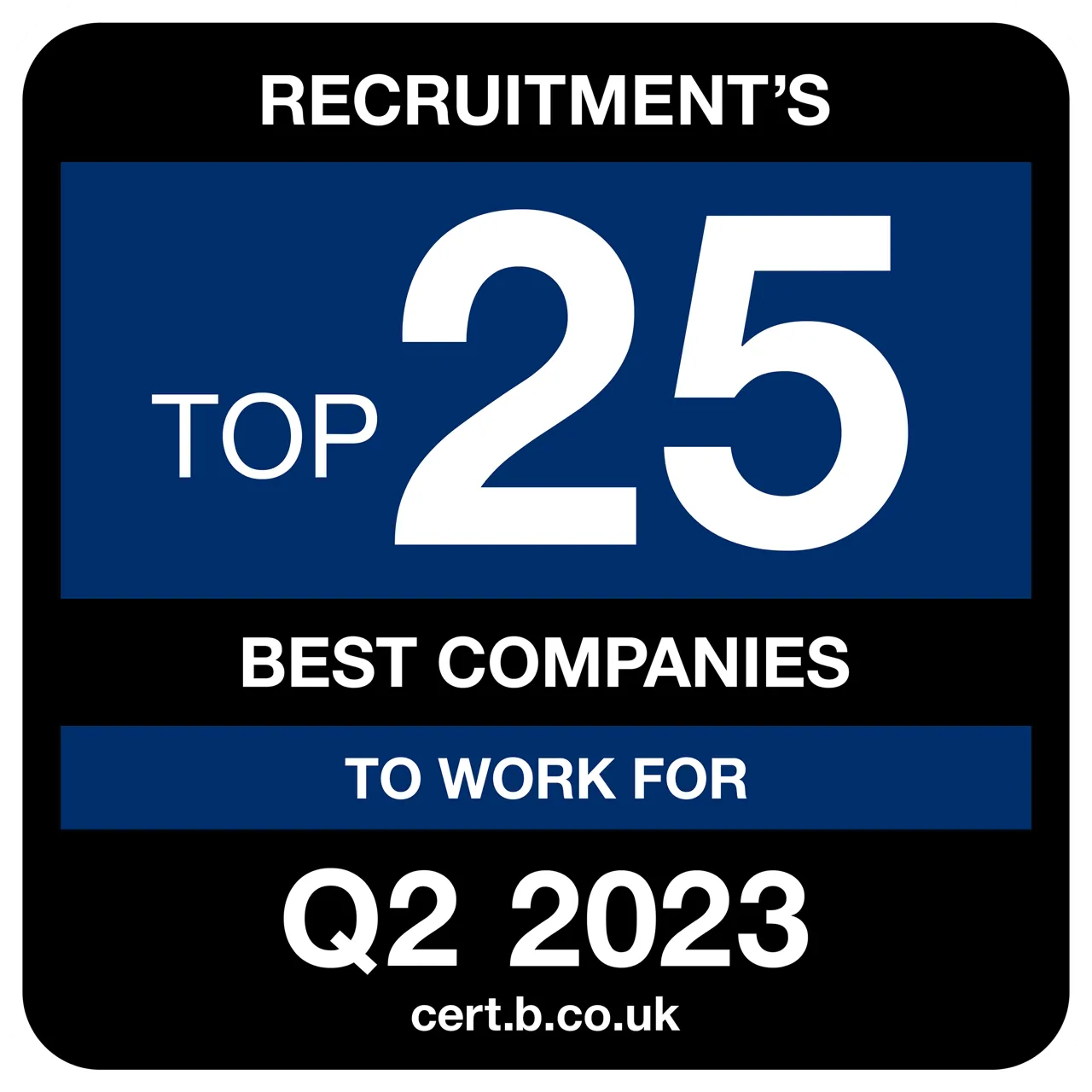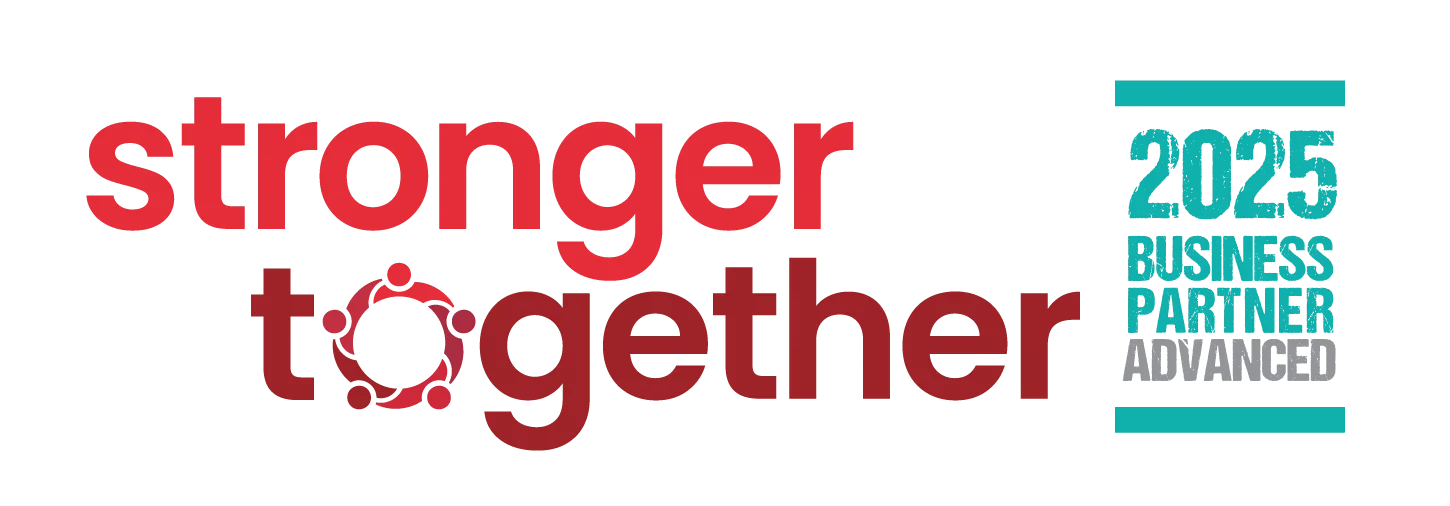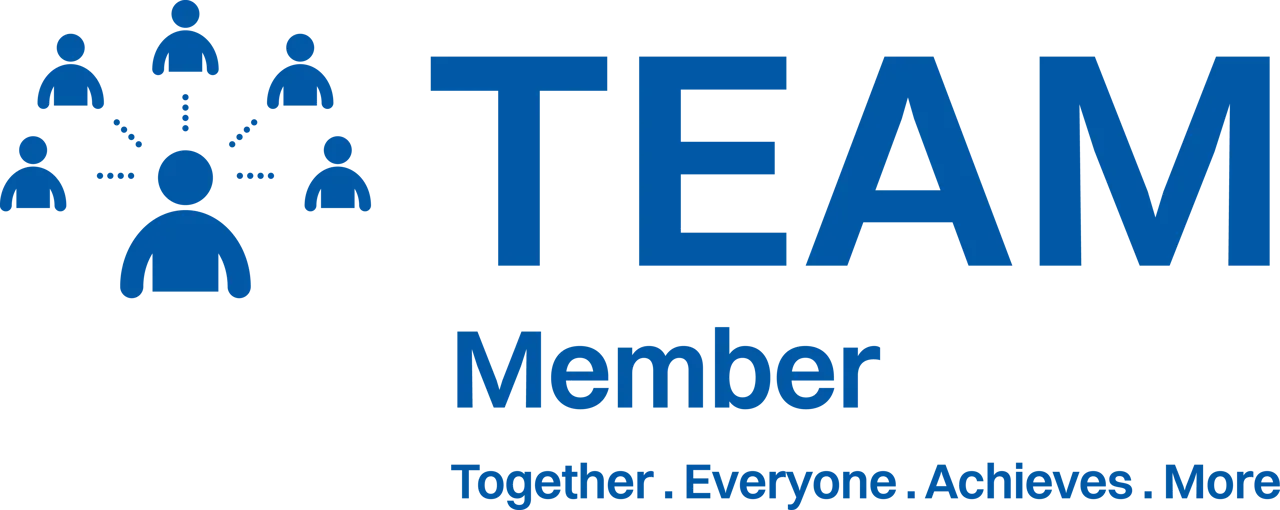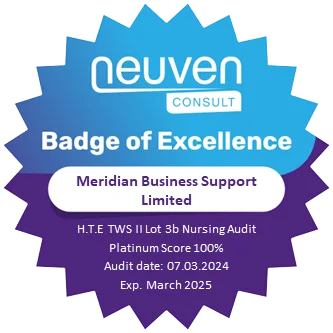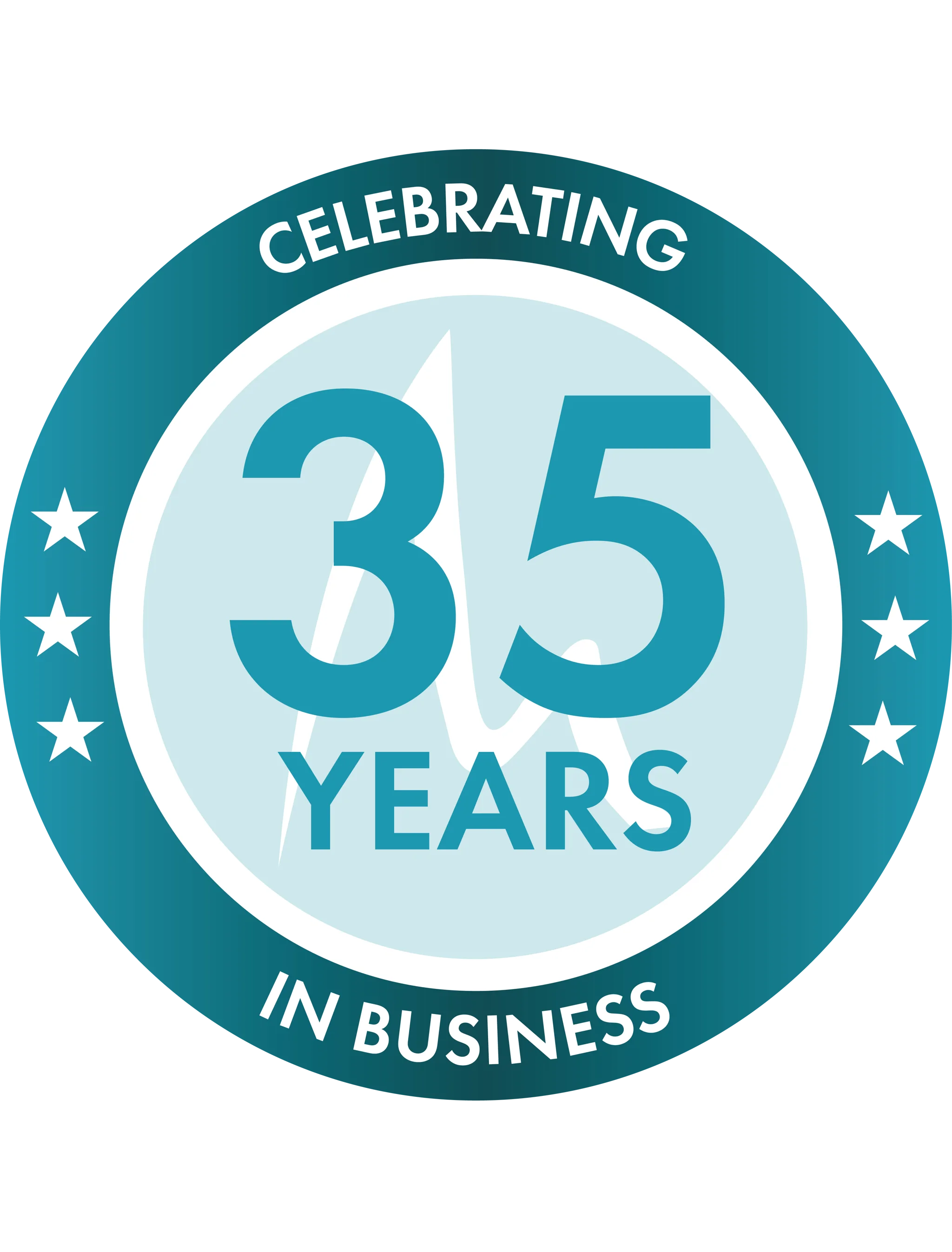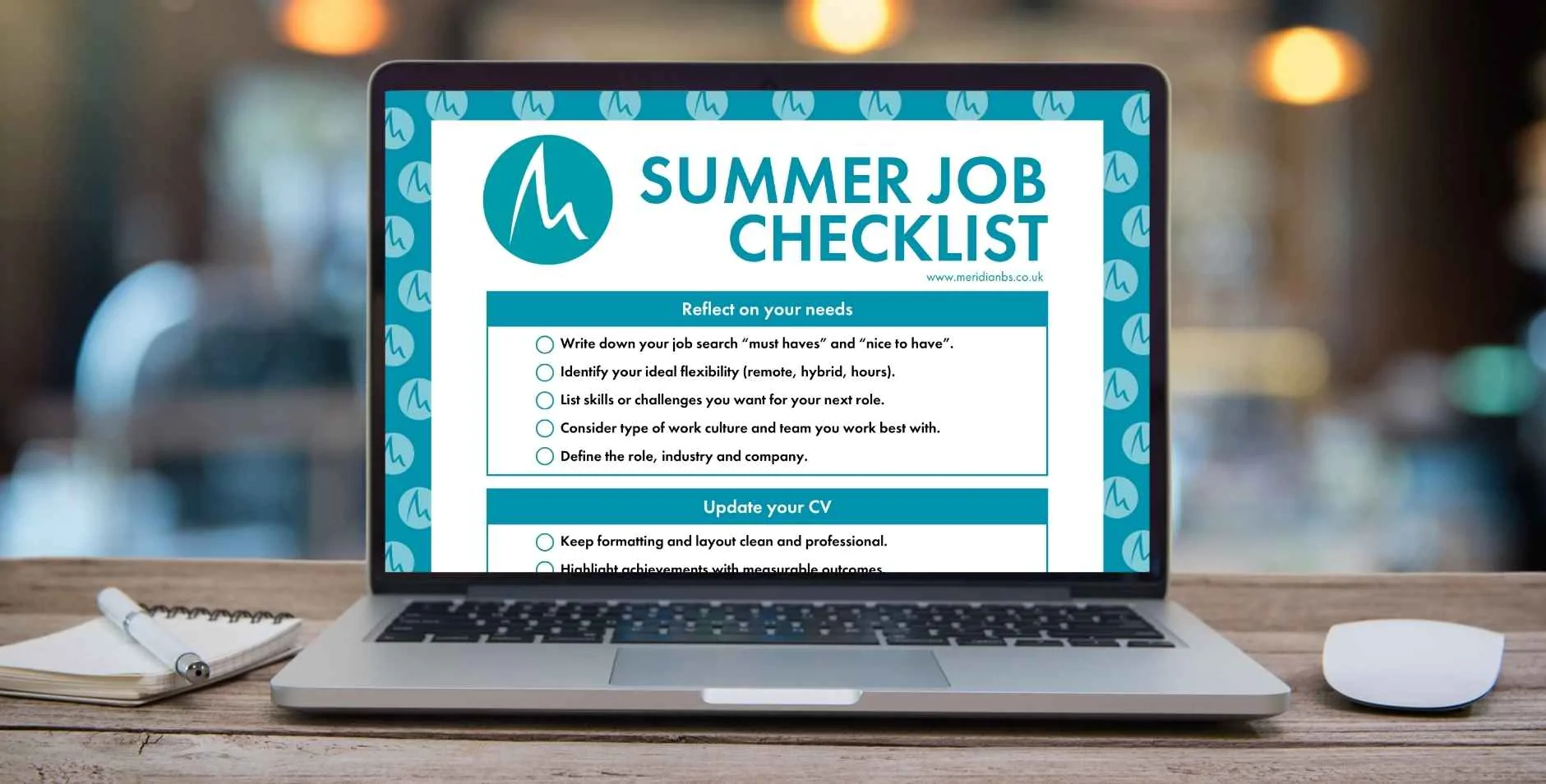
How to master strengths-based interviews
25 Apr, 20185 minutesFollow these 7 tips from Total Jobs to discover how you can show your best self in an interv...
.jpg)
Follow these 7 tips from Total Jobs to discover how you can show your best self in an interview.
You’ve just got to grips with competency-based interviews and the STAR (situation, time, action and result) technique, and now you’ve been invited to a strengths-based interview but you’re not sure what’s involved. Well, recruitment doesn’t stand still, and change is inevitable.
This is particularly true as competency-based recruitment only answers one of the 3 questions employers want answered before they offer you the job:
- Can you do the job?
- Will you do the job?
- Will you fit in?
The first question is the one easily answered by a competency-style interview, but for the second two, interviewers can find it hard to judge from a well-rehearsed and prepared answer. This is where strengths-based interviews come in.
Many of the top graduate recruiters now use a strengths-based approach, and this will almost certainly be a trend that will move into mainstream recruitment, especially in larger organizations.
What is a strengths-based approach?
Employers use this approach to elicit your motivation and values, because the focus is more on what you like doing. Interviewers can understand your motivation for the role and assess your fit by identifying what you enjoy and are good at through your energy and enthusiasm.
They will look for when you demonstrate pride in what you do. They will note your body language and tone of voice for clues about what you enjoy. And they will often ask questions quickly with less probing in order to generate a genuine response.
Typical questions might be:
- What are you good at?
- What do you learn quickly?
- What gets left on your ‘to do’ list?
How to prepare:
It is best not to over prepare, as the interviewer wants you to be yourself and answer authentically. Follow these 7 tips to consider how you can show your best self in the interview:
- Think about what your strengths are so you can talk confidently about them. Answering the following questions and noticing the themes can help pull your strengths out:
- What do I do well?
- When do I feel most like myself at work?
- When am I at my best?
- What don’t I enjoy at work? – They will want you to be honest about the bits you don’t like.
Remember being honest will also help you decide if the job is right for you. If 50% of the role involves most of the things you hate about your current job chances are you’re not going to enjoy this one either.
- Think about how your preferences fit with the organizational culture and values. Strengths-based interviews make it easy to see where a company just isn’t the right fit for you.
- Your mental state is important; you want to go into the interview feeling relaxed and open so you can be authentic. Practice mindfulness, deep breathing, or use meditation techniques to calm your nerves.
- Be prepared to be honest. There are no right or wrong answers, so don’t try and answer as you think they want you to – they’ll spot it easily.
- Think about your delivery. If you’re someone who talks quietly or are quite monotone, you will need to practice adding more impact through projection and varying your pitch and tone.
- Don’t forget to share specific examples that demonstrate your strengths – talking generically is always a big turnoff to interviewers. They need a detailed picture of when you used that strength well.
- Finally enjoy it! This interview style is more two way, and the interviewer genuinely wants to get to know you in order to understand whether you have the energy and motivation to do the job and fit into their company.



